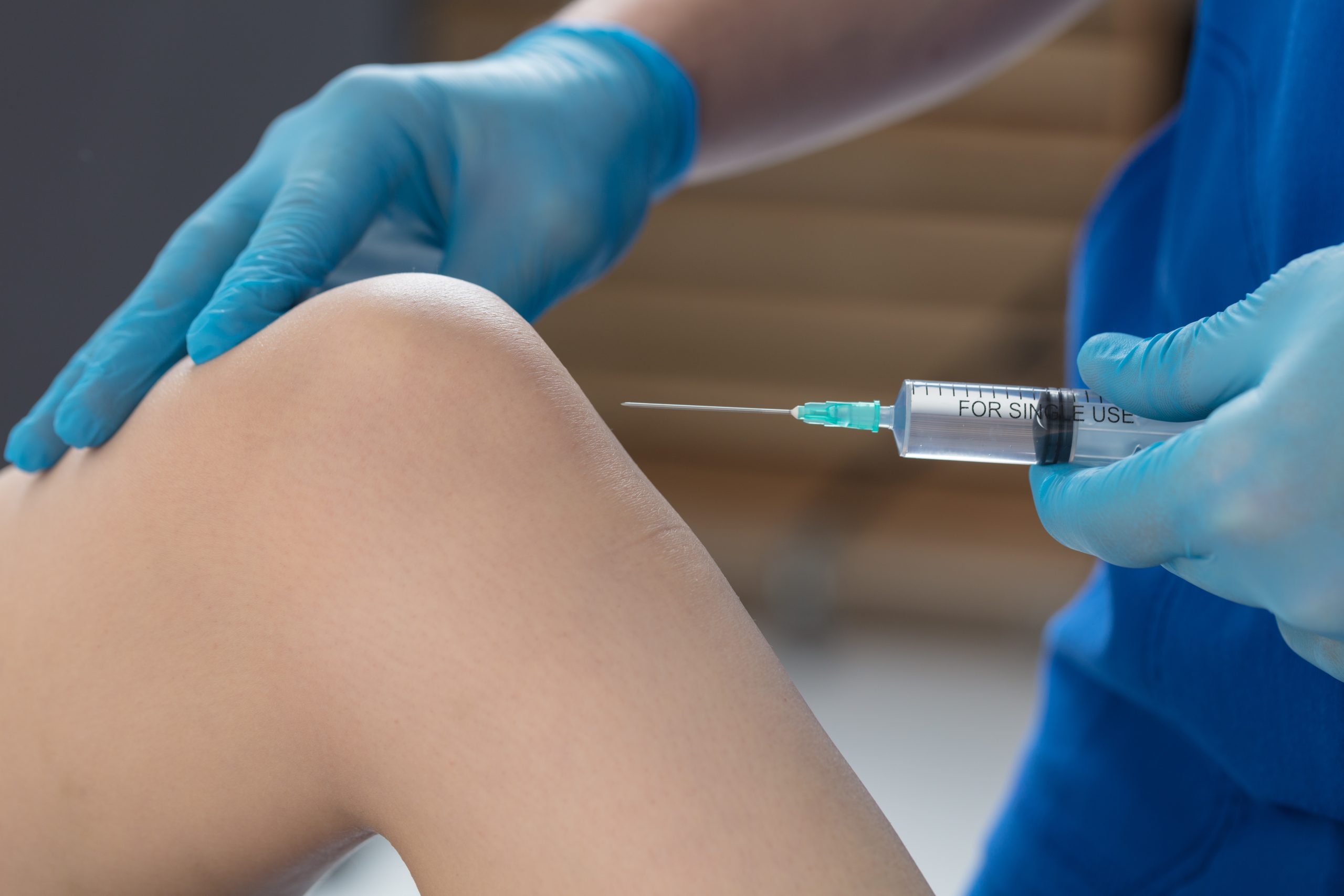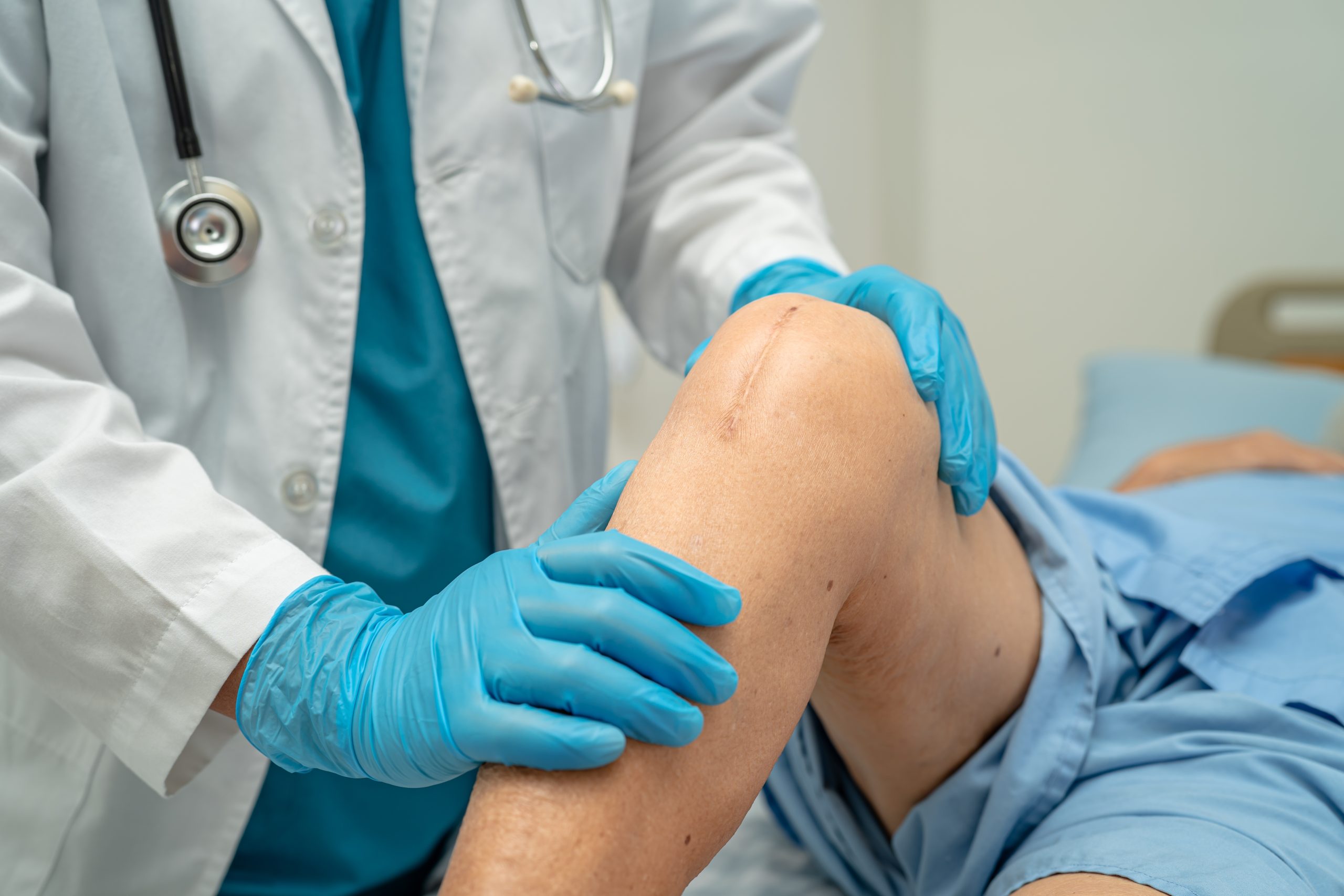





Meniscus replacement is a procedure to replace torn or damaged meniscus in the knee. This fibrocartilage disk, present between the femur and tibia, cushions the joint and prevents wear. The procedure becomes necessary when the meniscus is severely damaged or missing, causing pain or instability.
This surgery is indicated for patients with badly damaged or missing menisci, leading to difficulty in knee movement or persistent knee pain. The procedure aims to restore knee function and alleviate discomfort.
Meniscus replacement is generally suited for individuals aged 30 to 55, not obese, with stable and well-aligned knee ligaments, and minimal or no knee arthritis. This criteria ensures optimal outcomes from the procedure.
Performed under general anesthesia, the surgery involves sterilizing the area, making a small incision, and using special instruments and a camera to remove damaged tissue. A fresh donor meniscus is then implanted and sewn into the knee.
Post-surgery care includes pain relief medication, using a knee brace, crutches, and undergoing physical therapy. Strict adherence to rehabilitation increases chances of a successful outcome, with recovery times ranging from 3 to 9 months, depending on activity level.
While complications are rare, they can include knee stiffness, bleeding, infection, or incomplete healing, necessitating repeat surgery.
At London Cartilage Clinic, we specialize in advanced cartilage and joint treatments, including meniscus replacement. Our team of experts ensures you receive the highest standard of care, leveraging our experience and state-of-the-art facilities for optimal outcomes.




Meniscus replacement is a surgical procedure to replace a damaged or missing meniscus in the knee, aiming to restore joint stability and alleviate pain.
Ideal candidates are between 30 to 55 years old, not obese, with stable knee ligaments and minimal knee arthritis.
Recovery varies, typically ranging from 3 to 9 months, depending on the individual’s condition and adherence to rehabilitation.
While rare, risks include knee stiffness, bleeding, infection, or the need for additional surgery.